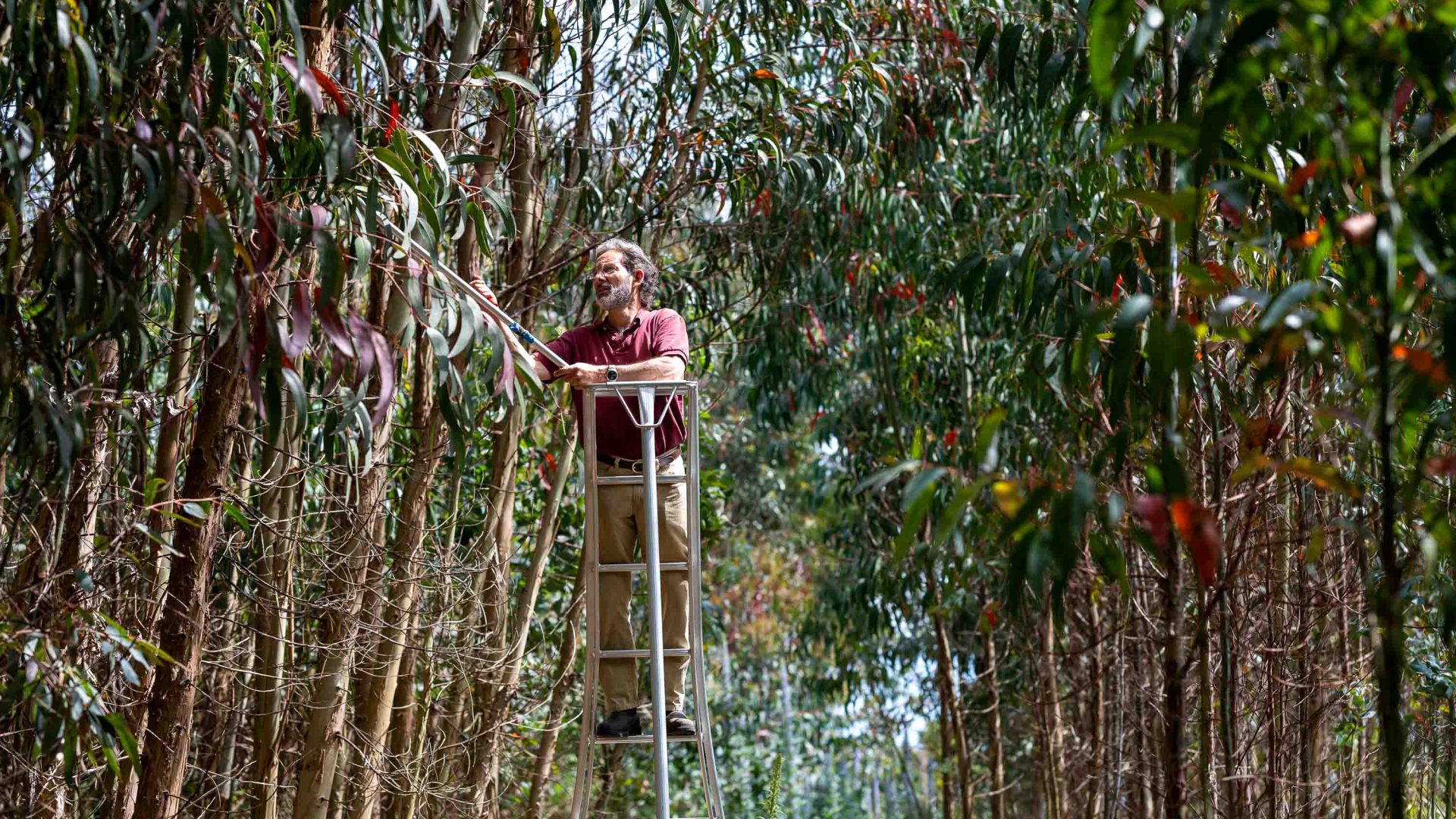
On an island off the south coast of England, pioneering social enterprises are shaking up the local drinks industry and acting as a force for good in this tight-knit community.

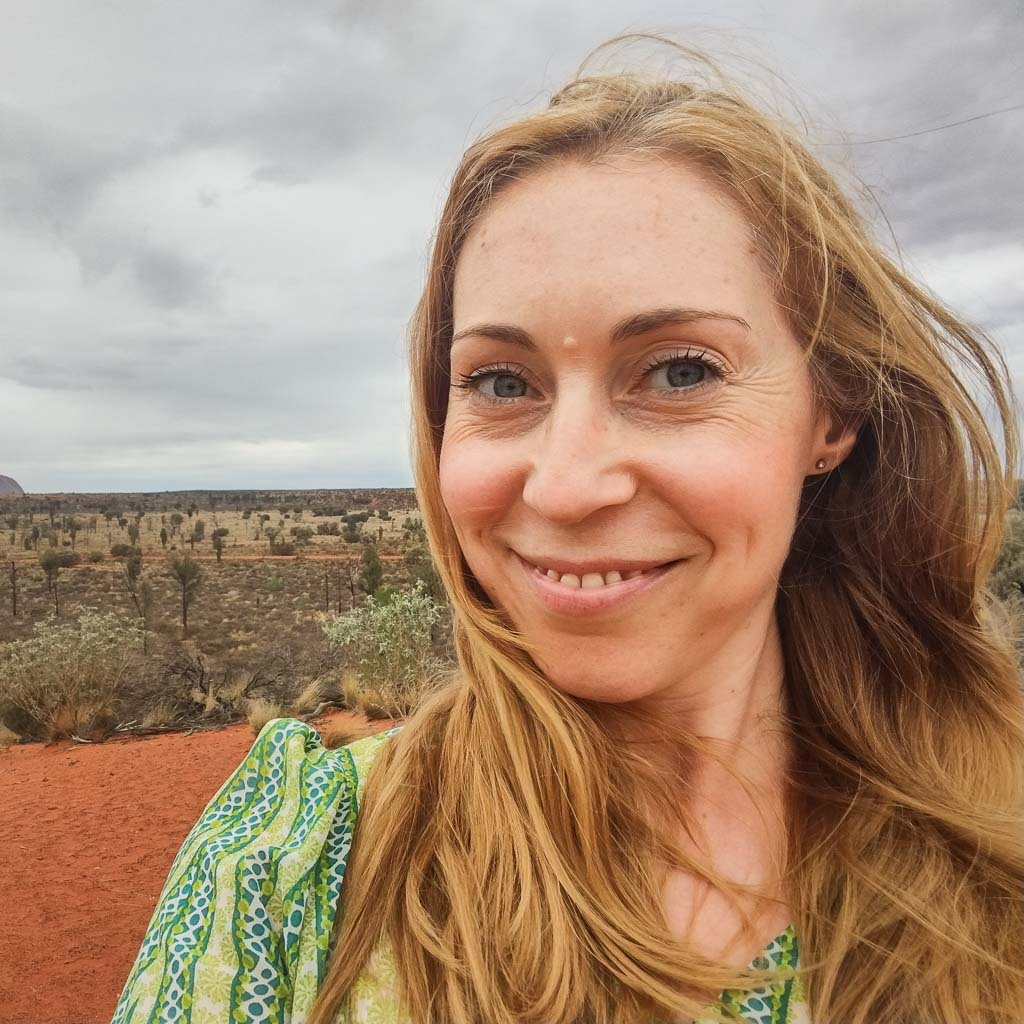
On an island off the south coast of England, pioneering social enterprises are shaking up the local drinks industry and acting as a force for good in this tight-knit community.
Scrambling over velvet-soft rocks thick with moss, shingle crunches beneath my feet in Orchard Bay, a beach once popular with smugglers on the Isle of Wight. I’m foraging for rock samphire with school friends Dylan Lehmann and Bruno Lambert, who established Barnacle Brothers in 2023.
I pinch a frond of the citrus-scented succulent and savor its aniseed flavor. The pair use it to enhance their rum, along with sugar kelp, sea spaghetti and gorse—a lemon-yellow petal with a coconut taste that we collect from Ventnor Downs.
And they’re just one of a number of enterprising folk on this island off England’s southern coast who are shaking things up.
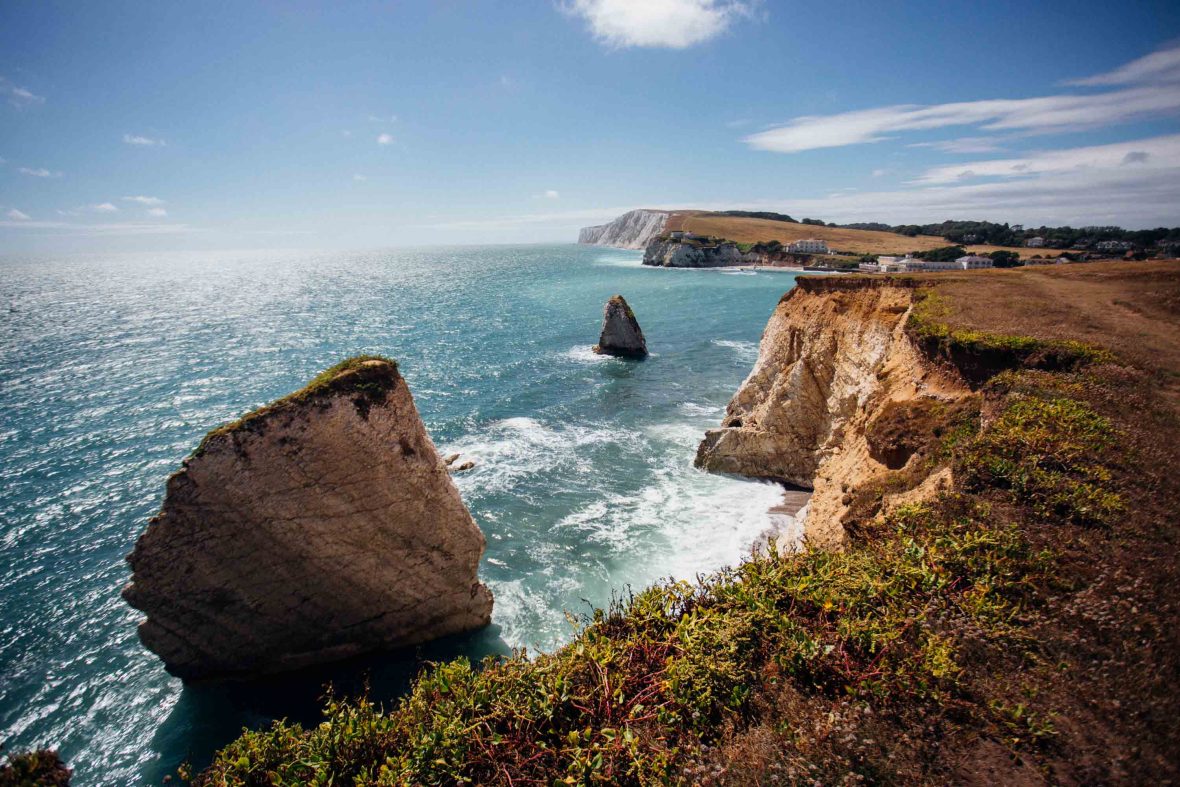
In 2024, Barnacle Brothers will offer foraging trips and launch a seaweed farm—the result of Bruno trying seaweed as a garnish while working at a hotel in Cornwall and being intrigued enough to study it. Through his research, he discovered seagrass absorbs 35 times more carbon than rainforests.
“Scotland is building seaweed farms,” he says. “So I thought, ‘Why can’t we?’”
Bruno and Dylan won’t remove seaweed; instead, they’ll embed sugar kelp into lines and submerge them three feet beneath the sea’s surface. After six months, it’ll be ready to be used in their rum, and to offset their carbon.
“The island runs on networks. It’s a proper community. We share our expertise and there’s a strong bartering culture.”
- Bob Simpson, Goddards
Once the farm is established, an independent body will estimate Barnacle Brothers’ and its production chain’s carbon in metric tonnes. Seaweed absorbs carbon for 100 years, so once it’s grown, Bruno and Dylan will sink it so it becomes part of the seabed.
“Our seaweed will absorb the same amount of carbon we produce—or more—so we hope to be carbon neutral or even positive by December 2024,” adds Bruno. “Another bonus is that the seaweed farm will create a habitat for sea life, and add nutrients to local waters.”
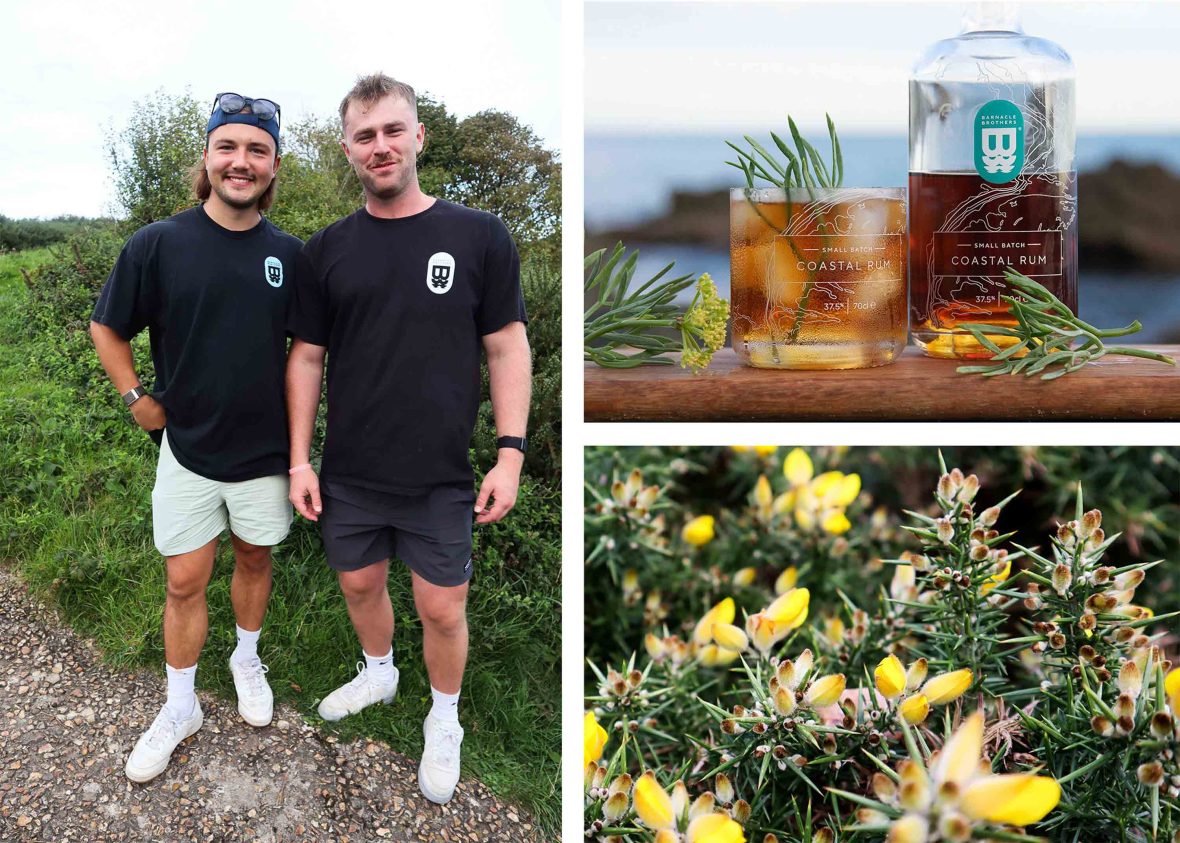
The trailblazing duo are the latest in the island’s long line of pioneering drinks producers, many of which stock their drinks in The Hut, a seafood restaurant in Colwell Bay. That’s because head chef Lucian Romocea and chef director Ian Daw, both formerly of the five-star hotel The Ned in London, pride themselves on serving local, seasonal ingredients—so much so that the restaurant closes over winter.
Islanders have been producing alcohol since 1132, when Quarr Abbey’s Benedictine monks brewed ale in nearby Ryde. While the monks no longer produce ale themselves, Father Gregory and head gardener Matt Noyce grow coriander and sweetgale, which they donate to Goddards Brewery in Sandown, a 30-minute train ride south of Ryde. In return, Goddards produces amber-hued Quarr Abbey Ale.
Goddards’ managing director, Bob Simpson, quips, “Matt and I have a running joke that Quarr Abbey grows its herbs secretly. They’re expensive, so he won’t tell me where they’re grown. Instead, we say, ‘I’ll meet you by the blue tractor at 11am for the exchange of goods’.”
Like Barnacle Brothers, Goddards does things differently, once producing beer made with oysters that a British tabloid claimed was an aphrodisiac. “It was nonsense, but lots of fun,” chuckles Bob. “And it led to a boat crew ordering a crate to take to the Antarctic.”
Donating botanicals to Goddards in return for ale is just one example of how islanders help each other out. As well as sharing surplus produce, the abbey shop sells garden ornaments handmade by people with disabilities.
Like a human chain rescuing swimmers in need, much of the island’s 140,000-strong population is connected. “The island runs on networks,” explains Bob. “It’s a proper community. We share our expertise and there’s a strong bartering culture.
“There’s no hard sell. It’s all about building relationships and soft sales. No laptops, just lots of coffee, rambling conversations and good advice. You don’t need to trick people into a sale.”
“We organize beach cleans with Surfers Against Sewage, and donate to Hampshire & Isle of Wight Wildlife Trust, which restores local seagrass meadows. Xavier is also rowing the Atlantic in 2023 to fundraise for these charities.”
- Charity Parker
The island’s social networks are as complex as a spider’s web. As well as sharing contacts with Barnacle Brothers—Bob is friends with Dylan’s uncle—he showed The Isle of Wight Distillery’s co-founder, Xavier Baker, how to use new kit, and learnt about exporting in return.
The reciprocal nature of business exchanges are tangible too, like market traders’ weighing scales. Goddards donates excess malt to farmers to use as biofuel and receives eggs and lamb in return. It also recycles Boojum & Snark brewery’s empty glasses for free, and co-owners Julie Jones-Evans and Tracy Mikich allow Goddards to test small batches of drinks on their kit as thanks. Queen Victoria’s Osborne House meanwhile donates hops to Goddards—which it pays for in beer.
Do the island’s drinks companies ever compete with one another? “No,” says Bob. “Yates’ Brewery is a competitor, but for five years, we brewed beer for them! They got beer, we got paid. Once, we got stopped for overloading our van so Yates’ owner shared the load.” Bob grins: “I’m giving away trade secrets here, aren’t I?”
Goddards will also give away excess yeast to local meat companies soon—and Bob jokes he might get a few cows out of them.
Business on the isle isn’t always a two-way street; sometimes corporations help each other just because they can. That’s why Goddards is saving for an electric bus to whisk visitors from its brewery to a neighboring garlic farm, tomato farm and cheesemongers.
As with Goddards, philanthropy is in Ventnor Botanic Gardens’ DNA—ever since a doctor established a hospital on the site in 1869. After the hospital was demolished, the estate opened as a garden in 1972. Its director has since saved it from developers; installed solar panels, heat pumps and LED lights, and funds initiatives to assist the island becoming energy self-sufficient. It also offers free tickets to local schools, charities and low-income families.
Like Barnacle Brothers’ gorse rum and Goddards’ oyster beer, the garden has revolutionized the island’s drinks scene. When it opened, Ventnor Botanic Garden was the only site in the UK to cultivate eucalyptus, which is native to Australia. Now it’s home to the country’s largest plantation, with 33 varieties. Local chefs collect eucalyptus with the garden curator, while Hill Hassall Botanics—which is sponsoring The Isle of Wight Distillery’s Xavier in a fundraising challenge—uses it in gin, beer and cordials.
The garden also grows hops, explains its PR, Rachael Hennessey. “Hops are properly ripe for one day a year, so our botanists keep an hourly vigil over them in August. Volunteers harvest them by hand, then get paid in beer.”
And guess who makes their beer? Goddards, of course—in return for donated hops. “The island is pretty cool at helping each other,” adds Rachael, who volunteers at the garden on her days off. “There’s an awful lot of goodwill here.”
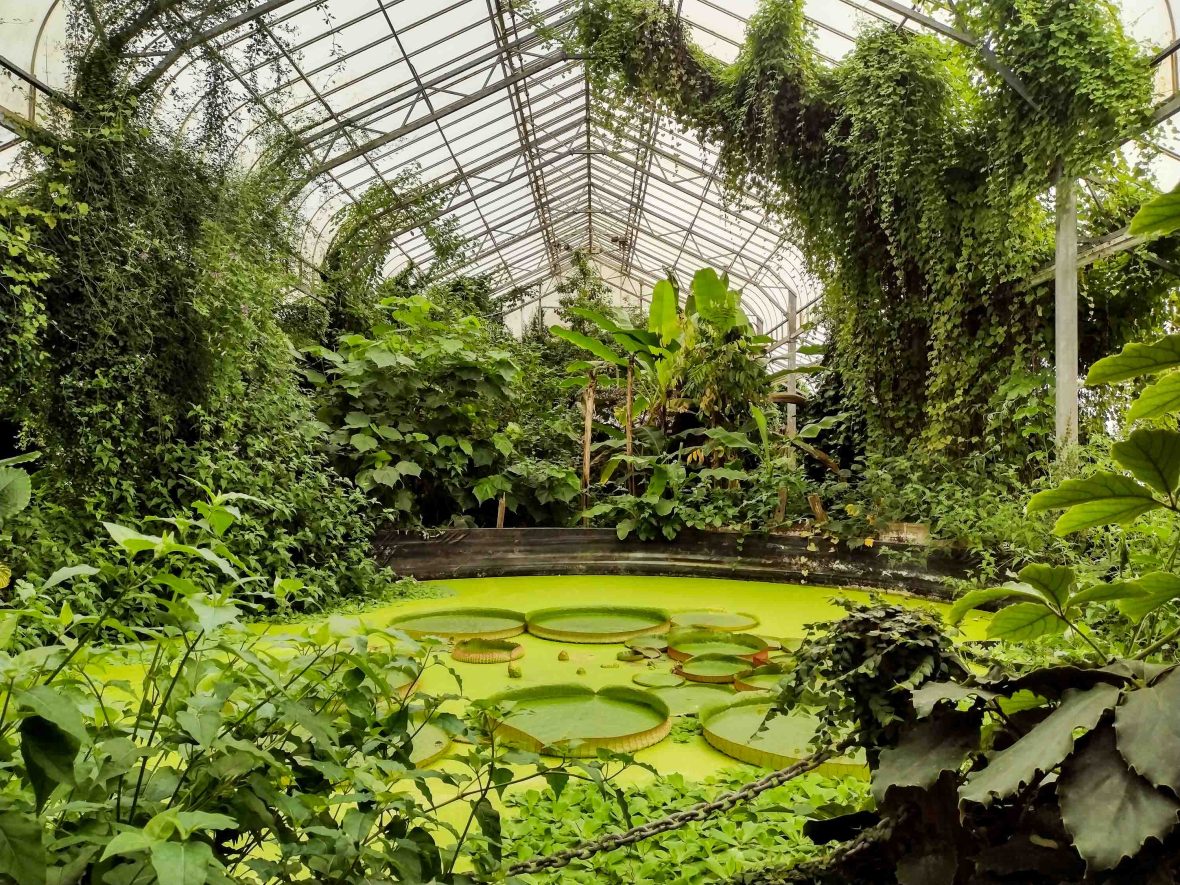
There’s goodwill at The Isle of Wight Distillery too, which also receives hops from Ventnor Botanic Garden. The B Corp balances profit with purpose by producing spirits sustainably and advising companies such as Barnacle Brothers to do the same.
In its bar, I find out the distillery employs people living with disabilities. Sustainability manager Charity Parker adds, “We organize beach cleans with Surfers Against Sewage, and donate to Hampshire & Isle of Wight Wildlife Trust, which restores local seagrass meadows. Xavier is also rowing the Atlantic in 2023 to fundraise for these charities.”
The distillery minimizes its carbon footprint by sourcing honey from a local beekeeper and lemons, grapefruit and bergamot from Osborne House. It also encourages its supply chain to reach a carbon net zero target by 2050, resulting in its box manufacturer installing solar panels and glass manufacturer planting several trees every time a truck leaves its grounds.
In 2024, the distillery will celebrate the 10th anniversary of its flagship Mermaid Gin. Its plastic bottle has been transformed into a glass bottle, its shape resembling a mermaid’s tail, decorated with biodegradable gold paint and wrapped in a compostable seal.
Laden down with the bottles, I miss the once-an-hour bus to Ryde. Typical. But what’s more typical, I realize, is a local offering me a ride. This is the Isle of Wight, after all, and that’s the spirit.
***
Adventure.com strives to be a low-emissions publication, and we are working to reduce our carbon emissions where possible. Emissions generated by the movements of our staff and contributors are carbon offset through our parent company, Intrepid. You can visit our sustainability page and read our Contributor Impact Guidelines for more information. While we take our commitment to people and planet seriously, we acknowledge that we still have plenty of work to do, and we welcome all feedback and suggestions from our readers. You can contact us anytime at hello@adventure.com. Please allow up to one week for a response

After five years living in Japan, Hong Kong and Taiwan, Sarah Riches moved to London. With 15 years’ experience as a travel editor, Sarah has worked as the former digital editor of Wanderlust, deputy editor of Time Out Abu Dhabi, Where London and London Planner, and editor of Explore Paddington. She now freelances for Wanderlust, National Geographic Traveller UK, tourism boards and luxury hotel brands.
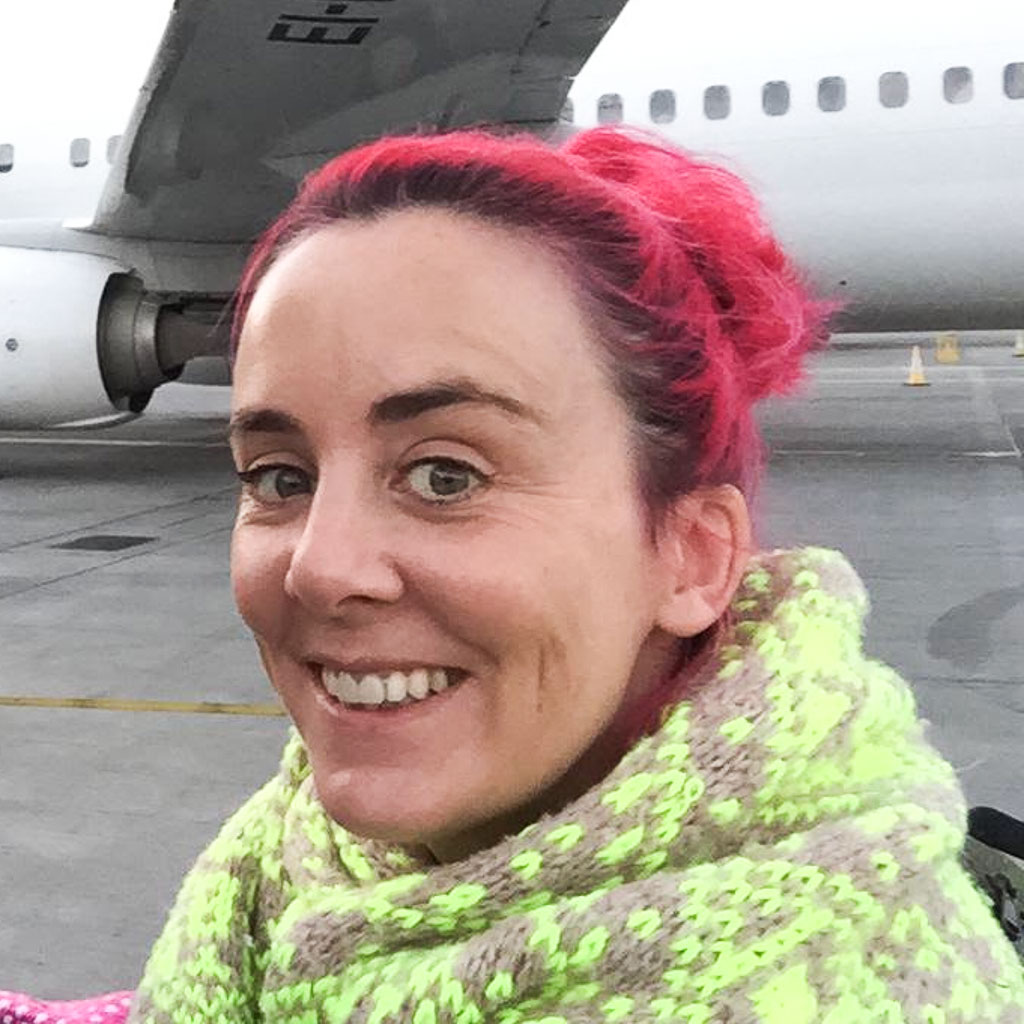

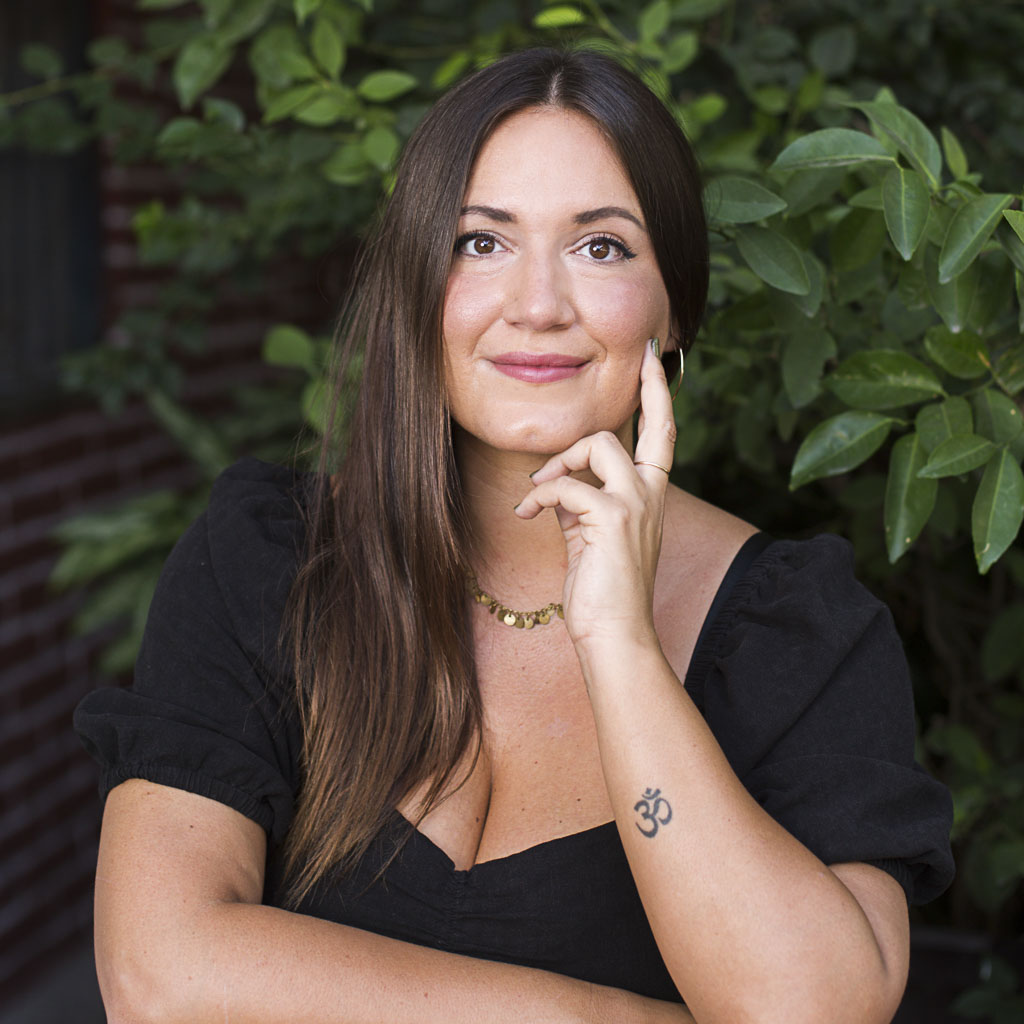

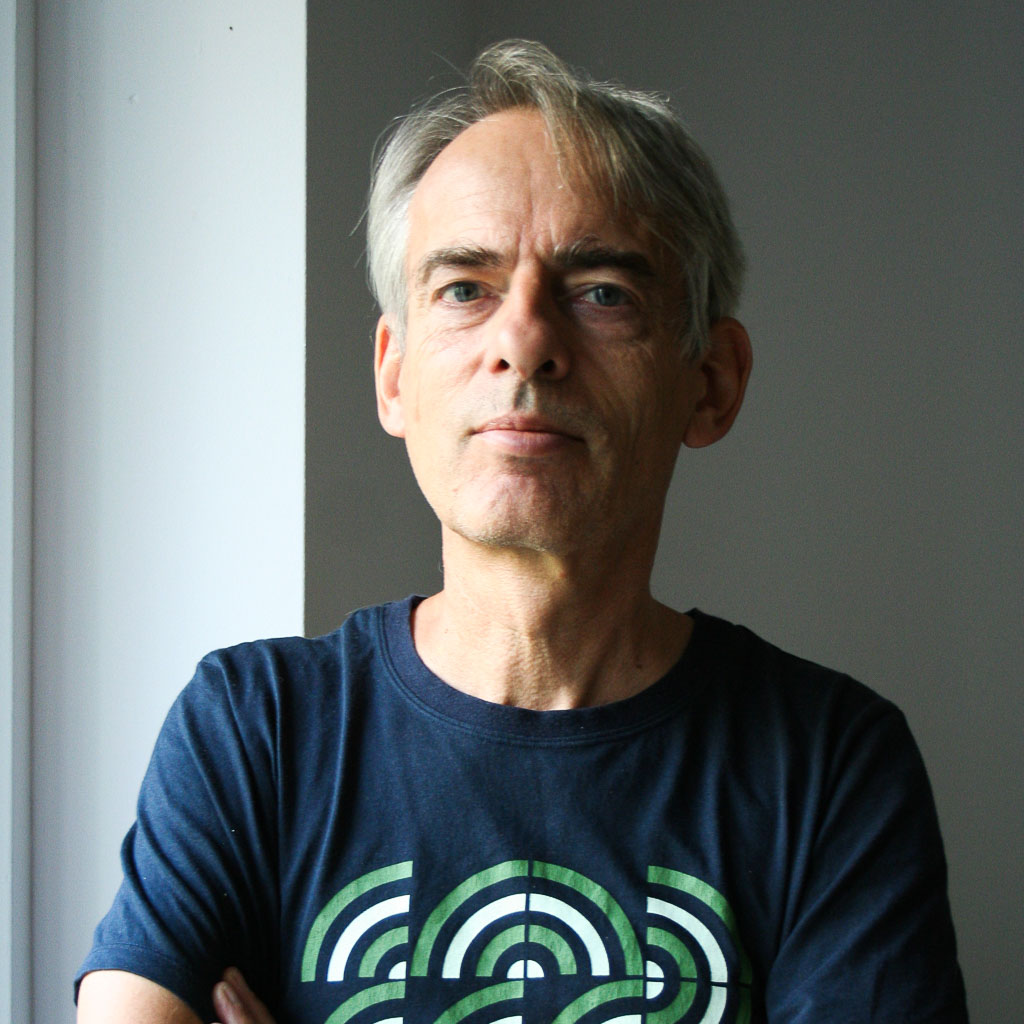

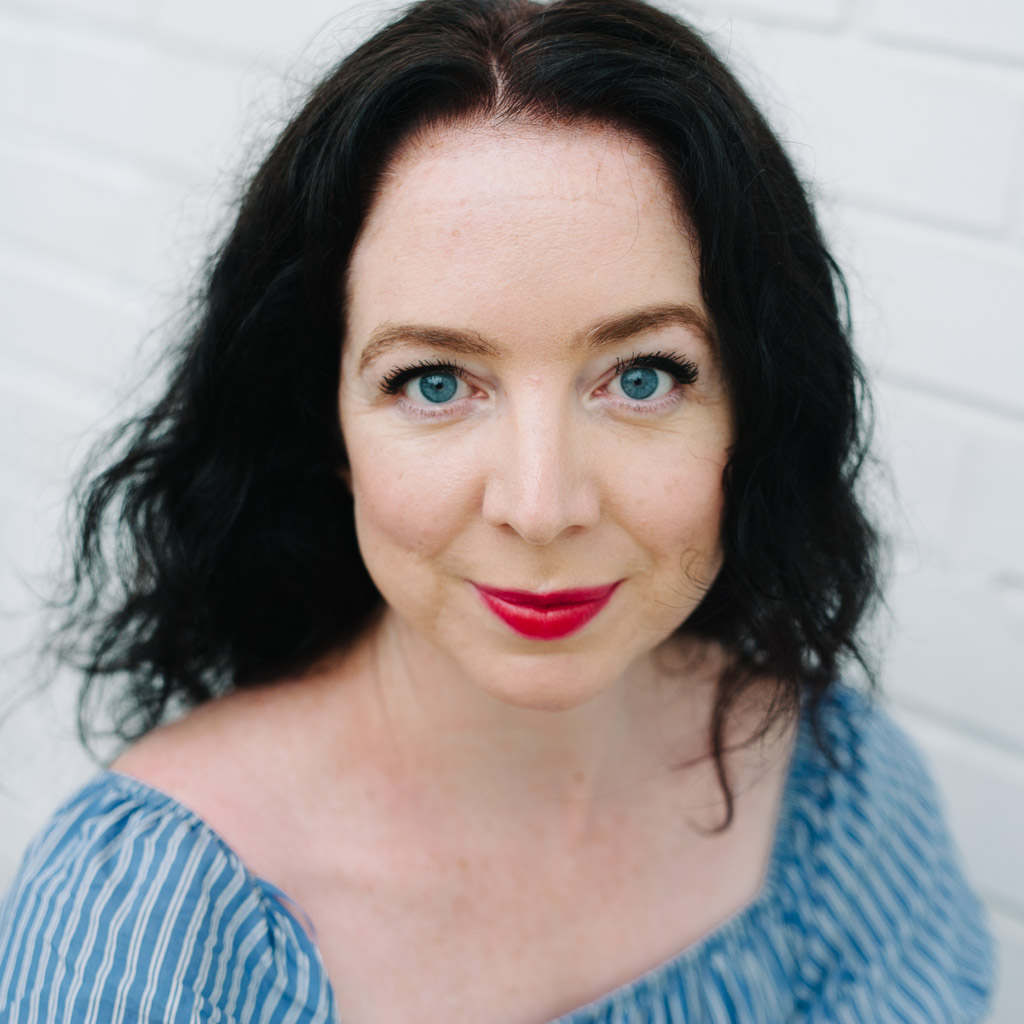

Can't find what you're looking for? Try using these tags: